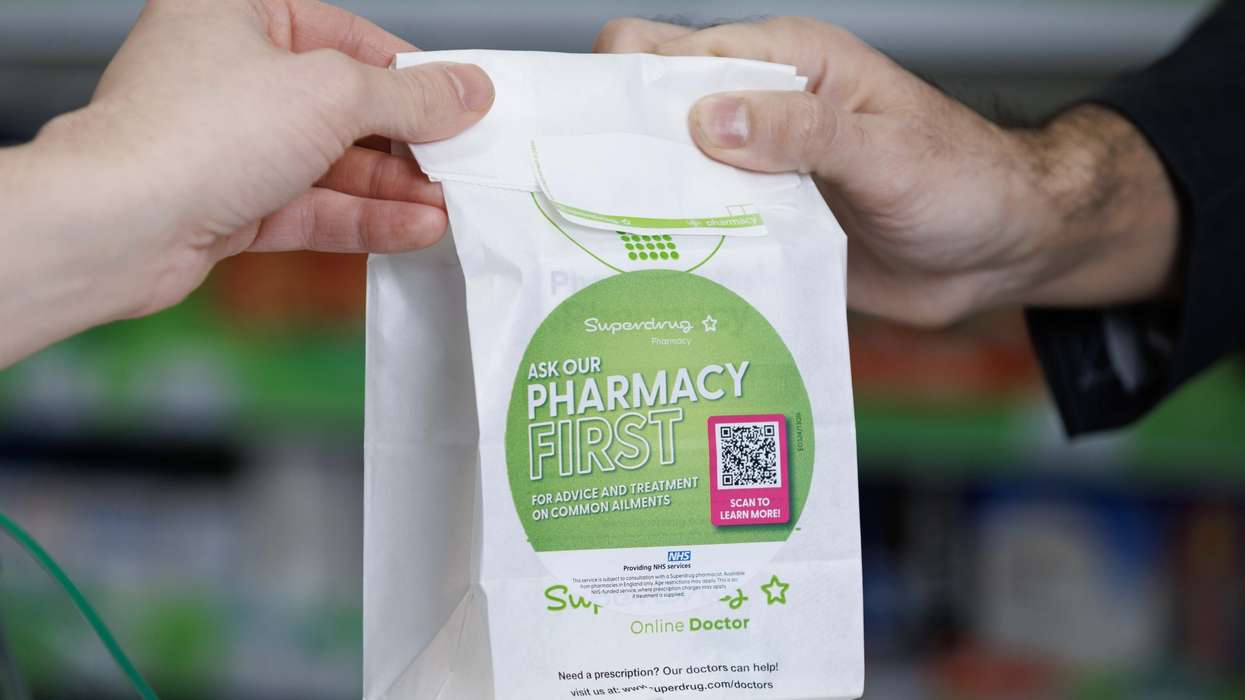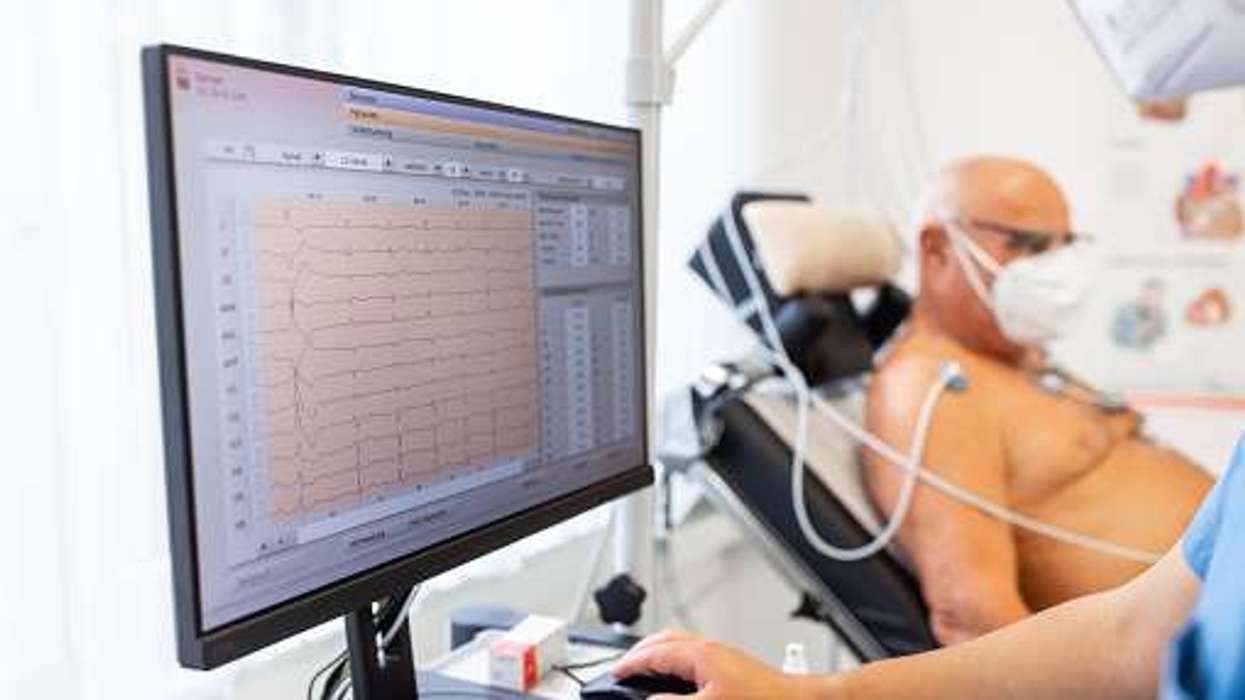AstraZeneca on Thursday said its experimental therapy, gefurulimab, met the primary goal and all secondary endpoints in a late-stage study aimed at improving symptoms of a rare autoimmune condition that affects muscle function.
The therapy reduced the severity of generalised myasthenia gravis (gMG) in adults and improved functional activities, when compared with placebo at 26 weeks, the drugmaker said.
In the study, patients' bodies also produced antibodies that attacked a type of protein on the nerves, disrupting communication with muscles.
Generalised myasthenia gravis is caused by an abnormal immune reaction in which the body mistakenly attacks itself, weakening the skeletal muscles, especially those controlling the eyes, mouth, throat and limbs, leading to fatigue, difficulty swallowing and breathing.
"Rapidly fluctuating symptoms and the unpredictable disability associated with gMG can affect nearly every aspect of a patient's life, making early intervention and sustained disease control a critical treatment goal," said Kelly Gwathmey, principal investigator of the trial and a neurology professor.
Gefurulimab is designed to be self-administered as a once-weekly injection under the skin, offering patients convenience. It works by inhibiting the activity of the C5 protein, which triggers the body's immune response.
Current gmG treatments include Argenx and AstraZeneca's own rare-disease therapy Soliris, which brought in sales of nearly $2.6 billion in 2024.
The Anglo-Swedish drugmaker said it plans to share data from the study with health regulators.
AstraZeneca, the UK's largest-listed firm by market value, is targeting $80 billion in annual revenue by 2030, and has plans to spend $50 billion to expand manufacturing and research capabilities in the US in the same period to aid that goal.












